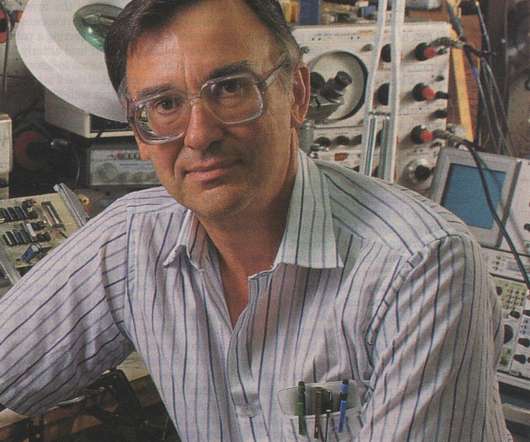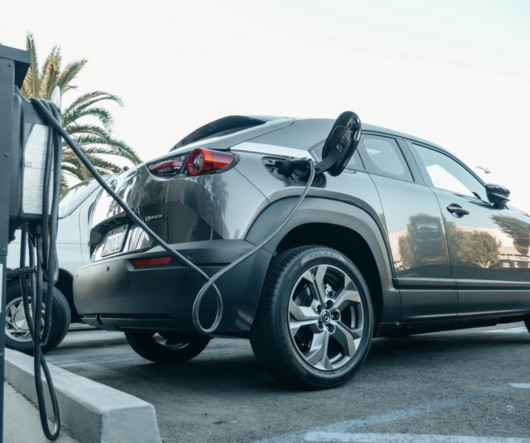Study: expanding Brazilian sugarcane for ethanol could reduce global CO2 emissions by up to 5.6%
Green Car Congress
OCTOBER 24, 2017
Vastly expanding sugarcane production in Brazil for conversion to ethanol could reduce current global CO 2 emissions by as much as 5.6%, according to a new study by an international team led by researchers from the University of Illinois. The carbon-related costs of converting the land to sugarcane fields were included in the analysis.












Let's personalize your content